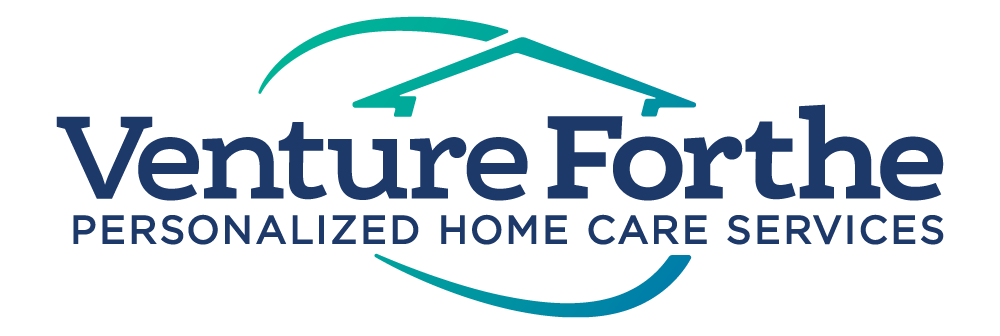
Embarking on the journey of home care can raise many questions. In this FAQ guide, we aim to provide clarity on common questions related to care at home, addressing the services offered, eligibility, and the overall experience of bringing care into the home setting.
What is it?
Home care refers to a range of supportive services provided to individuals in their own homes to assist with activities of daily living (ADLs) and promote overall well-being. These services are designed to help individuals, often seniors or those with health challenges, maintain their independence and receive care in a familiar and comfortable environment.
Home care can be an excellent option for individuals who prefer to remain in their homes rather than move to an assisted living facility or nursing home. It is often customized to meet the specific needs and preferences of each individual, promoting a personalized and individualized-centered approach to care.
Who Can Benefit?
Care services are beneficial for individuals of all ages who require assistance with daily tasks. It is particularly relevant for seniors, those recovering from surgery or illness, individuals with chronic conditions, and people with disabilities.
What Services are Typically Offered?
Key aspects of home care include:
- Personal Care Assistance: This involves help with basic personal tasks such as bathing, dressing, grooming, and assistance with mobility.
- Companionship: Home care providers offer social interaction and companionship to combat loneliness, which is particularly important for individuals who may be living alone or experiencing isolation.
- Medication Prompts: Care professionals may assist with medication reminders, ensuring that individuals take their prescribed medications as directed.
- Meal Preparation and Nutrition: Care services at home can involve preparing meals, ensuring that individuals receive proper nutrition, and helping with feeding if necessary.
- Light Housekeeping: Services may include light housekeeping tasks such as cleaning, laundry, and maintaining a tidy living environment.
- Transportation: Some providers offer assistance with transportation for medical appointments, grocery shopping, and other essential errands.
- Monitoring Health Conditions: Care services may involve monitoring vital signs and observing any changes in health conditions, providing valuable information to healthcare professionals.
Is Home Care Covered by Insurance?
Medicaid and private insurance plans may provide assistance. Care services may be covered by insurance, depending on the type of services and the individual’s insurance coverage.
Can Family Members Provide Home Care?
Yes, family members can often be hired to provide care. In some cases, they may even receive compensation for their caregiving services through specific programs.
CDPAP (Consumer Directed Personal Assistance Program) is a Medicaid program throughout the US, including New York State, that allows individuals to hire, train, and manage their own caregivers, who can be family members or friends, to assist with activities of daily living.
How will I determine how many hours of home care I need?
Your insurance provider will help determine how many hours of care are necessary per week. Ranges include a few hours a week to around the clock, 24/7 care.
Can Care Services Be Adjusted to Changing Needs?
Yes, care services are flexible and can be adjusted to changing needs. Plans are often revisited and modified to ensure they meet the evolving requirements of the individual.
Home care is a flexible and personalized option for individuals seeking support in the comfort of their homes. If you have further questions or are considering services for yourself or a loved one, don’t hesitate to reach out to us today!
Understanding the available options empowers you to make informed decisions about the type of care that best suits your needs.
